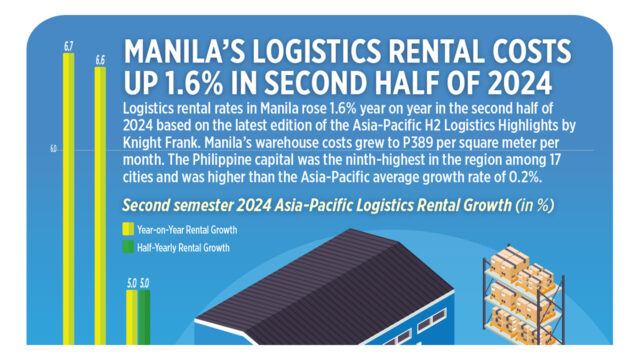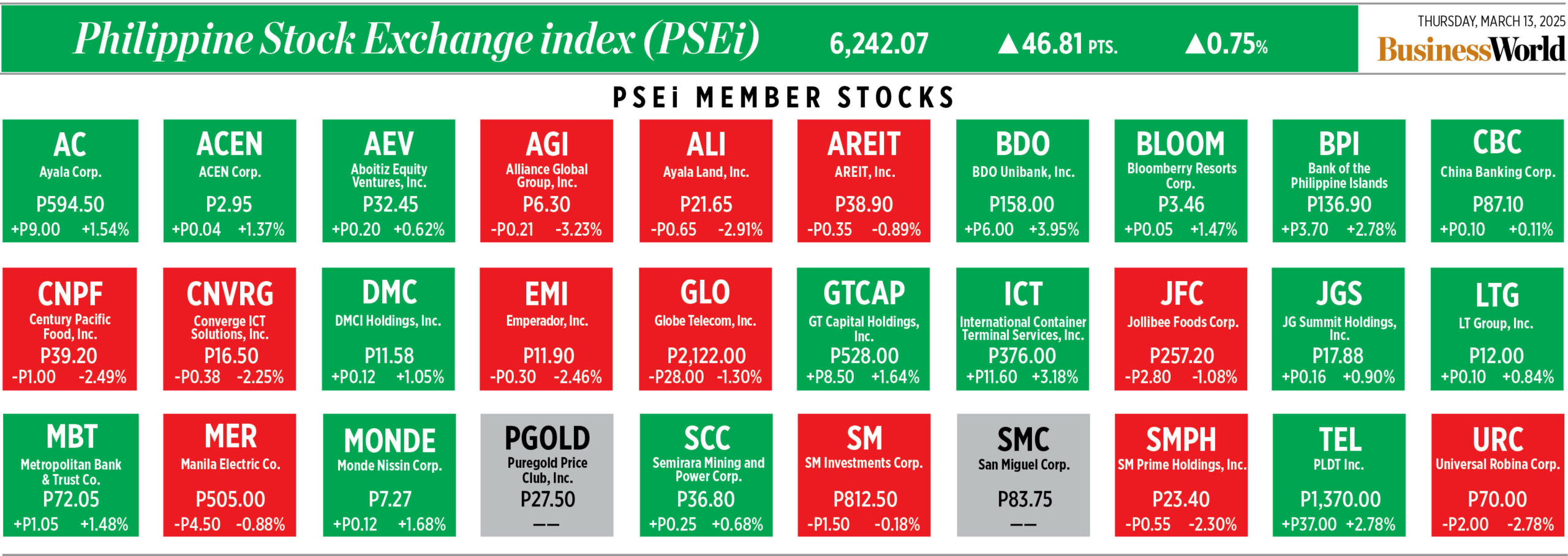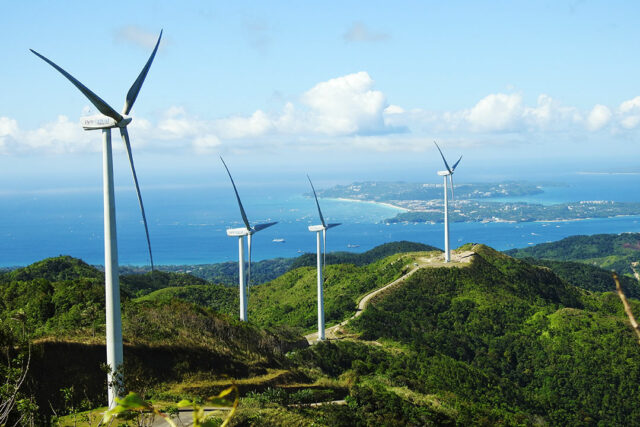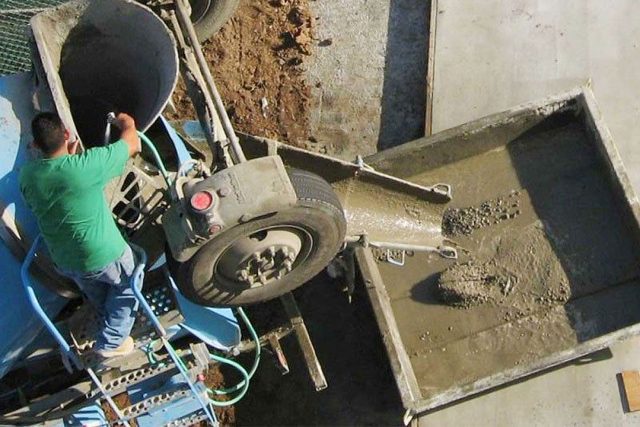How do we manage a situation where employees willingly share their payslips with other workers? This has become a terrible issue, resulting in boss-worker conflict and, often, with the human resource (HR) department. Please advise. — Fatty Queen.
It’s a tricky issue. No matter how you tell people that salary data is confidential and that salary policies are objective and competitive, many will still lodge a complaint. At times, you may discover their inquiries are valid, while others might be meant to question management competence.
A typical example is when someone complains that another worker is earning more for doing the same job, while ignoring differences in actual work performance and the company’s merit increase policy. Another issue is comparisons of salaries with other companies.
Employees will give you all kinds of reasons why they deserve more money. Regardless of the validity of their complaints, there’s no other way but for HR to handle each case with diplomacy topped with a dose of professional courtesy.
BASIC APPROACHES
There are many ways to positively resolve such issues, including some that are win-win. Here are some basic techniques that you can use to manage the situation. If done properly, you can minimize any adverse effects on all concerned.
One, review the current company policy. This includes the salary scale, performance appraisal system, merit pay, service recognition, and other salary-related standards. Update those standards as necessary to bring them in line with industry and community best practices.
Management must share the basic message of these policies through a circular or memo to employees. In doing so, emphasize the objectivity of the policy and the way they are crafted by management.
Two, compare the salary policy with benefit practices. Even if the company pays non-competitive rates, emphasize the value of all benefits the employees are receiving. Chances are, the total value will be far more than the pure salary. These could include health and medical care coverage for employees and their family members.
Another example would be the sophistication and variety of training programs being given to all employees. In certain cases, other benefits could be used as compensating factors, like having an easy commute or flexible working hours.
Three, underscore the objectivity of an employee’s salary. Sometimes, certain employees may raise issues first brought up by colleagues. Chances are, these are pure gossip with no factual basis. The best way to put such an issue to rest is by sharing a copy of the salary scale which shows the range of salaries for various job grades.
Your company need not have a collective bargaining agreement with a union. All your management has to do is keep abreast of the current trends in the industry and other professional communities. Once you share the information that salary practices are pretty much the same everywhere, the issue should die a natural death.
Four, adjust distortions brought about by mandatory wage adjustment. As soon as a new minimum wage policy is issued, adjust the salary scale right away using formulas suggested by the National Wages and Production Commission. The suggested formula must be reconciled with the legitimate economic requirements of the employees, while ensuring a fair return on company investment.
Management must not delay in issuing an updated salary scale. Or else, adjustments can be done retroactively.
Five, manage employee claims about their true performance. One of the complex issues that employees can bring to management is when they claim that they have done a good job compared to their colleagues. If this happens, ask them to justify their claim with concrete evidence.
Challenge their claim in a non-abrasive way. Say something like this: “You’re doing a fairly decent job. However, other people in our team have done better.
“How about doing this? Within the next three months, show me your biggest milestones and I will take it from there. I’m not giving you false hopes, but I promise to convince management to recognize your tangible accomplishments.”
DECISION
If you decide to turn down a request, it’s important to do it without being unreasonable. Almost all people will accept your decision if your reasoning is carefully crafted and explained. Whatever you do, don’t be swayed by the emotions of workers who may cite irrelevant issues like being the family’s sole breadwinner.
Personal circumstances and family situations are not a consideration for adjusting salaries. Therefore, focus on the letter and spirit of your management policies. Don’t be swayed by desperate, emotional pleas. Otherwise, it will open the floodgates for other employees to do the same thing, to the detriment of the actual high achievers.
Bring Rey Elbo’s leadership program as an exclusive event for your management team. Consult with him on Facebook, LinkedIn, or X, or e-mail your concerns to elbonomics@gmail.com or via https://reyelbo.com. Anonymity is guaranteed.















